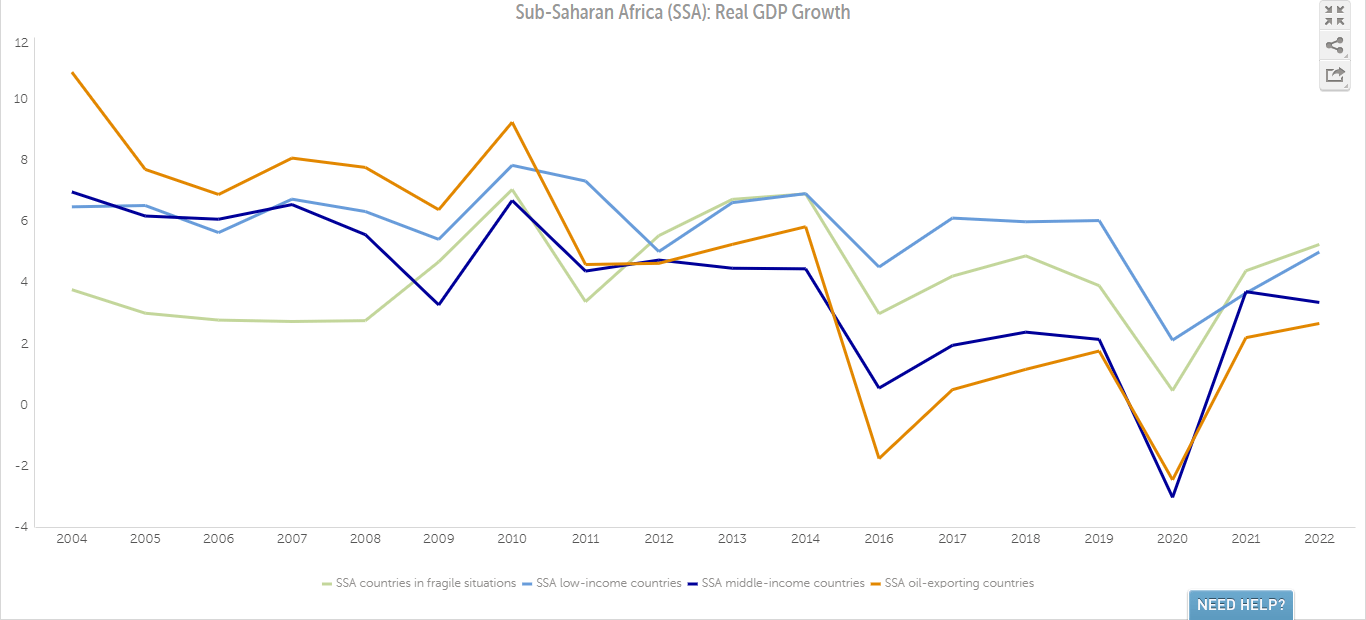So you think you can lead?
Share

A couple of months ago, I travelled to South Africa on a study tour as part of my Executive MBA programme at Cass Business School (London). The focus of the study tour was on ‘leading change in an increasingly complex world’. At first, I was not quite sure what that meant or what to expect. I was in the land that gave us one of the most admired leaders of all times but soon realised that post-Apartheid South Africa was dominated by debates around social redress, transformation and glaring corruption. Political leadership was a concern, so was unemployment, education and economic stability. Whilst some “leaders” were seen as the roots of the problems, others simply wanted to change things. So, what does it take to be a good leader?
Throughout the study tour, I met with a variety of organisations from public, private and third sectors. What was refreshing to see was that the organisations I met were all doing their little bit in making a difference. One was a social enterprise designed to provide training and support to young people to make them employable; another simply taught women the traditional African bead art to create animal figures which they can then sell and earn a living. Whether they were a social entrepreneur, politician, academic, student or businessperson, they all shared common leadership qualities. Leadership manifests itself in a variety of ways but charisma alone is not sufficient. Here is what I learned.
A leader has the trust and confidence of his/her followers
Have you ever reflected on whether you are gaining people’s trust? This is a no-brainer. Trust takes time to build, just like reputation, but is as fragile as a house of cards. Trust can be achieved when a leader is reliable, proves he or she has what it takes to deliver, and shows genuine concern for others without self-interest. Picture this – a leader visits an orphanage to bring some gifts but seems more concerned about posting it on Facebook. Was that an act of kindness or was that an excuse for self-promotion? Is that person worthy of trust?
A leader has motivation and values
When we think of values, we mostly think about integrity, morality, and other virtues. One’s values could also be discipline, diligence or industry. Values come in many forms and it is good to let our values be visible to others – it shows what keeps us motivated and, most important of all, it shows what differentiates us from others. Our values are part of who we are: it is ok to talk about them, just like it is ok to tell others our story of why we do the job we do so others can relate and understand us.
Leaders make good use of rhetoric for a lasting impact
Rhetoric is the art of persuasion. Whether via speech or writing, Aristotle argued that there are three ways to persuade an audience: ethos, logos and pathos. First, the leader should establish his/her credibility, good character and reputation so it appeals to the audience. Second, the leader should also be able to present the evidence or rational thinking for their argument. And third, the leader should appeal to the emotions of the audience – people connect better with emotions. So next time you are delivering a speech or trying to get people on board, remember that facts, figures and charisma alone won’t work – put yourself in your audience’s shoes, imagine how they will feel, and ensure that the audience can relate to your story. Unless you are preparing your team for an offsite tug of war on the beach and you need them angry, think again and revisit your speech!
Leaders have empathy and adapt to circumstances
Leaders often have to make tough decisions which no doubt will affect others. Let’s imagine a CEO having to lay off several people to keep costs down. Perhaps it was the only option and, whilst staff may understand that it was needed, the leader is often judged on how that decision was taken: were the people consulted; did the CEO come talk to the team; did the CEO try their best to avoid it? We are human after all; showing empathy should not be difficult.
Leaders empower others
This last point is perhaps the most powerful observation I made on the MBA tour. The most admirable leaders are the ones who empower others. Whilst the primary task of the leader is to lead and hold together the followers for a common objective, true leaders also enable others to grow. In business, this could be coaching, training, enabling personal development, or simply by fostering an open environment where voices can be heard.
There is value in understanding what makes a good leader and I urge all leaders to continually reflect on this. Equally important, though, is to acknowledge when to cease to be a leader, such as when one abuses power for private gain (corruption), when the leader stops to care or listen, or when they lose touch with reality. I end this article with a final reflection: whilst leaders should be strong and commit to their followers, knowing when to step down or to cease to be a leader is, in itself, the skill and duty of a leader.









